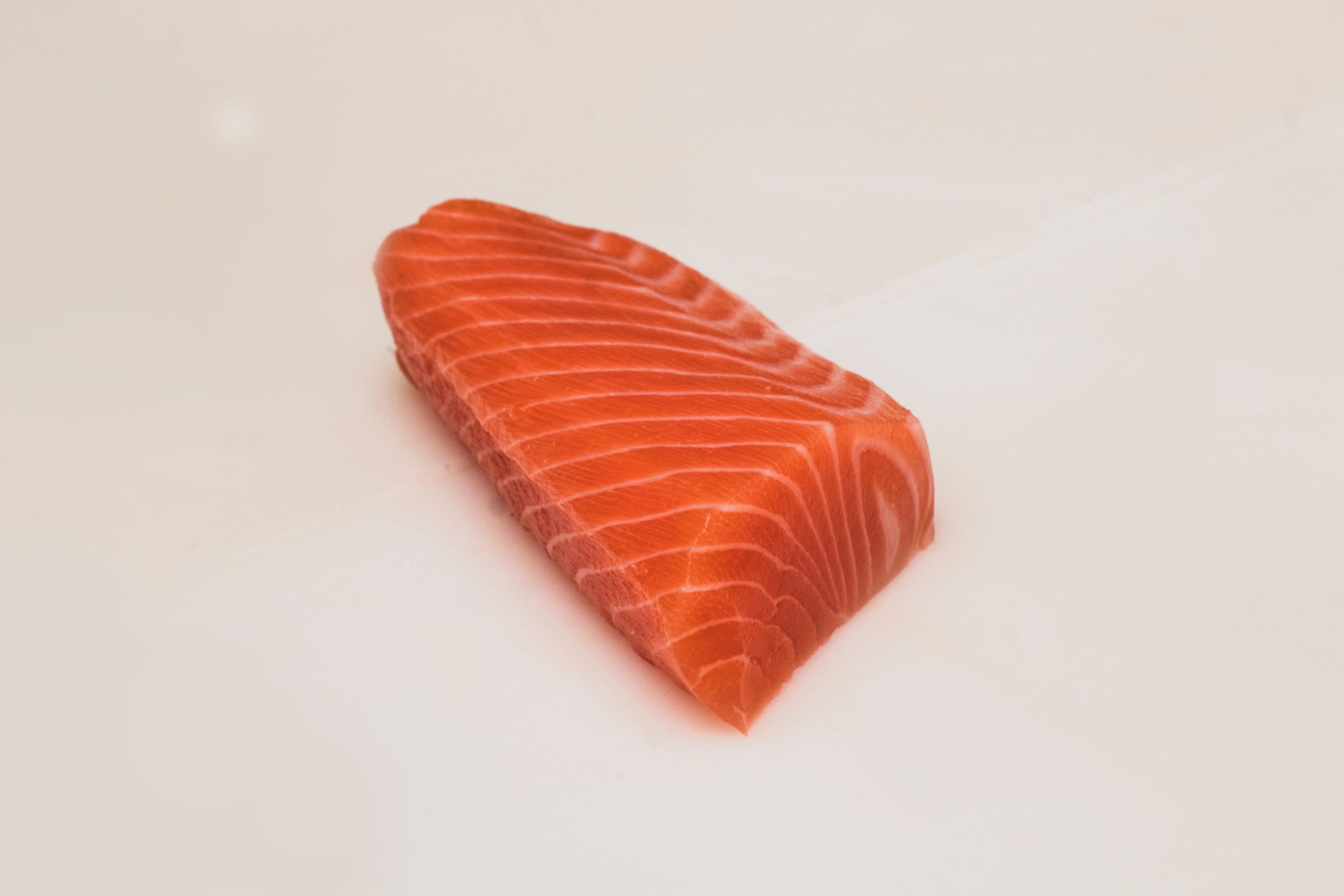3 Mins Read
New research links higher fish consumption in older adults to an increased risk of melanoma, the most serious form of skin cancer. The findings have led to wider questions surrounding diet and its impact on melanoma.
The study was published in the peer-reviewed medical journal Cancer Causes & Control. The large research project gained access to data from more than 490,000 U.S. adults between the ages of 50 and 71. All were enrolled in the N.I.H.-A.A.R.P. Diet and Health Study. At the start of the study, participants were asked a series of questions, including information about their fish consumption. They were then followed for 15 years, to observe cancer diagnoses. The group that ate the most fish reported 22 percent more cases of malignant melanoma than groups that ate hardly any fish.

What is the connection between cancer and fish consumption?
Researchers are yet to understand why eating fish could impact the likelihood of developing skin cancer.
“We believe it’s not fish per se, but probably some contaminant in fish,” Dr Eunyoung Cho, associate professor of dermatology at Brown University and lead study author told the New York Times. “I wouldn’t discourage people from having fish just because of our finding.”
Previous studies have confirmed that individuals eating more fish have shown higher levels of mercury and arsenic in their bodies. Both are toxins considered to increase the risk of skin cancer. The recent study did not examine levels of these contaminants in its participants and therefore, concrete conclusions cannot be drawn.

Contradictory academic conclusions
Cho notes that eating fish has been connected to lower rates of cardiovascular disease and some cancers. Americans are currently recommended to choose fish over red meat, for heart health. The new study is not considered conclusive enough to alter the dietary advice.
Dr Carrie Daniel-MacDougall, associate professor of epidemiology at the University of Texas Cancer Center, supported Cho’s assertion that fish need not be cut from diets. She has previously conducted her own study, published in 2011, which also appeared to draw a link between eating fish and developing melanoma. Her research was not looking for specific markers that allowed irrefutable explanations to be drawn, however. She iterates that the best line of defence against melanoma remains in limiting skin exposure to harmful UV rays.
Cho’s findings are being considered “intriguing” and a jumping-off point for further investigation. Though it doesn’t identify solid causes, it points to correlations between individual issues. It has been suggested that the study offers validity to the hypothesis that contaminants commonly found in food fish might increase the risk of melanoma. This is an area for future research.

Cancer’s connections to diet
Cancer has been frequently linked to dietary choices. Most recently, a Chinese study concluded that increased dairy consumption elevates the chances of contracting liver or female breast cancer in the country’s citizens. The research analysed data from more than 510,000 participants, with other lifestyle factors taken into account alongside dairy intake. The findings were significant due to China’s relatively low dairy consumption which is demonstrably on the rise.
In February it was announced that the E.U. had been called upon by the European Parliament to start recommending meat-free diets to fight cancer. Europe reports 3.7 million new cases of cancer every year, making it the region’s second-largest killer. In a bid to reduce its impact, choosing plant-based foods is being hailed as a solution. It comes after a report released in January made connections between red meat consumption and cancer rates.
Lead photo by Abstral Official at Unsplash.




